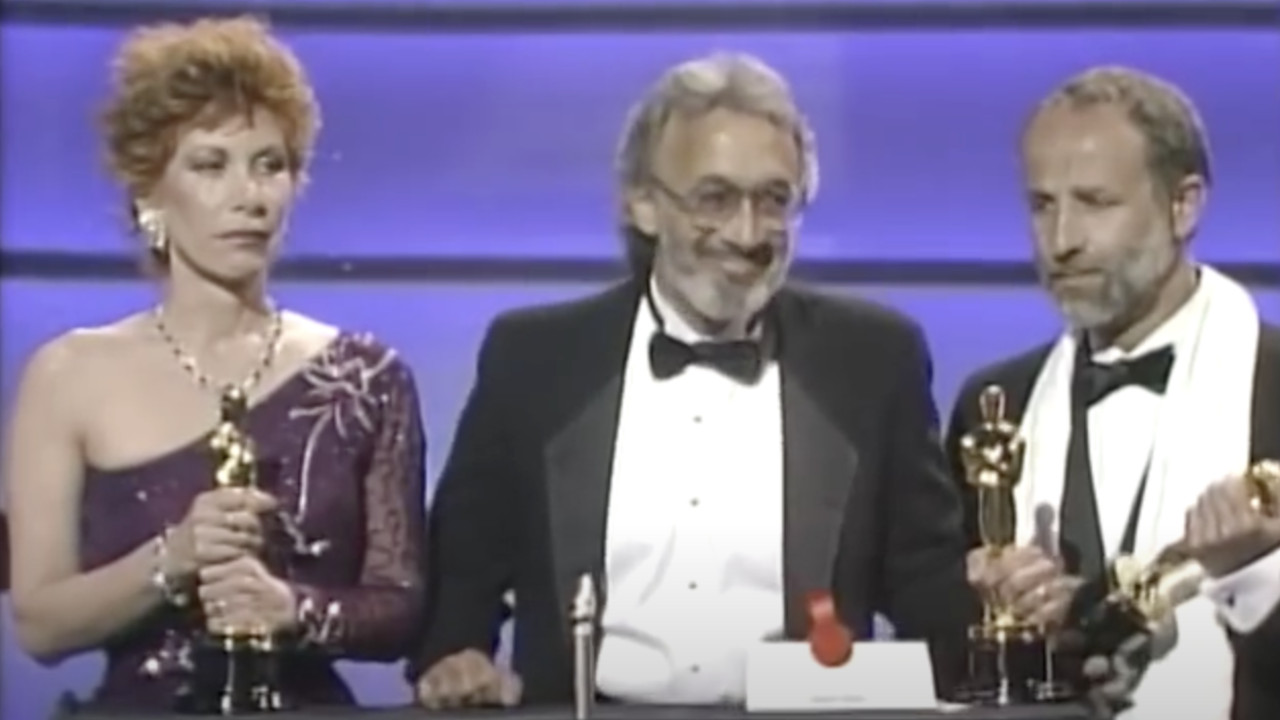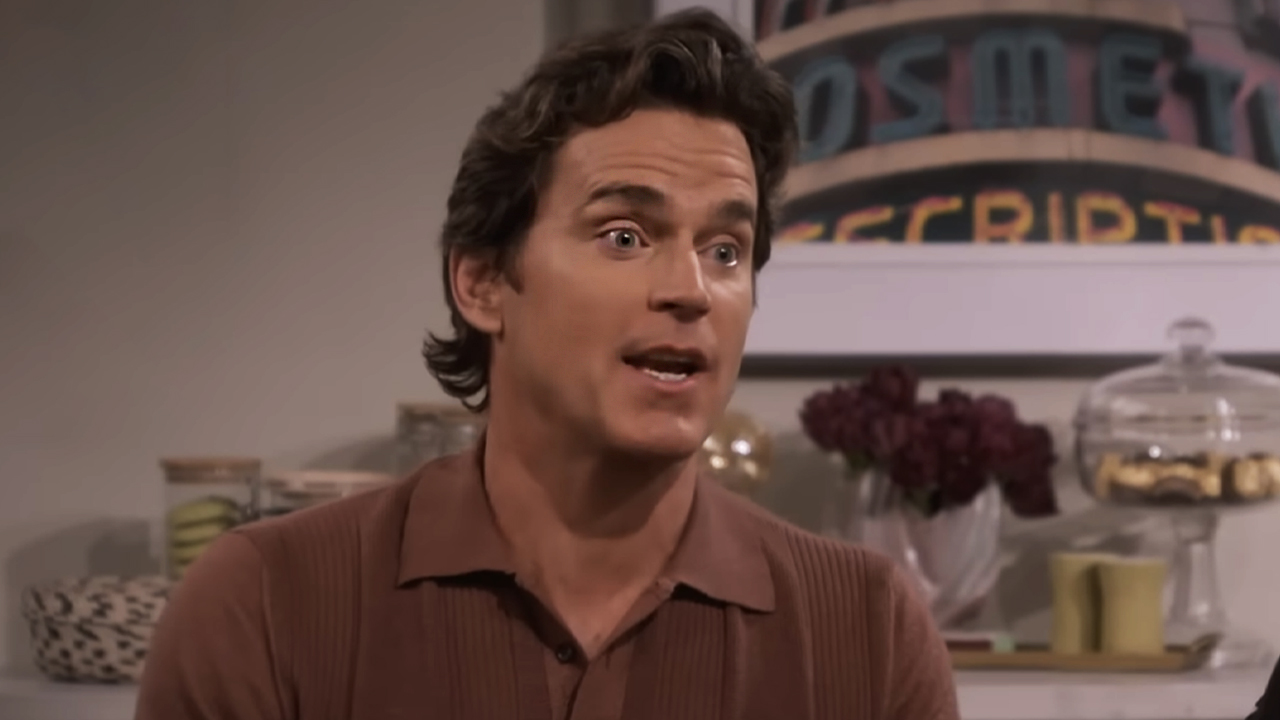Stan Winston 1946 - 2008

There are more and more things in life which seem to remind me that I am indeed, getting older. From my failure to hold down meaningful employment and still party 3 times a week till 4am, to my inability to appreciate any type of this emo music kids listen to, it’s clear my youth is slowly, but surely, eroding. And it’s also days like this that remind me that the people who I looked up to and considered my own personal heroes or those deserving of much respect during my own formative years aren’t getting any younger. In fact many of them are sadly, starting to leave us completely.
Today special effects maestro Stan Winston succumbed to multiple myeloma after battling the disease for six years. He was 62.
Much is often made in the media when an actor or director has serious health issues or comes to their end. But very often the other people instrumental in making the magic of movies come to life get short shrift. As I write this now, the BBC website’s own entertainment page has a story on how an Egyptian director nobody but the most ardent arthouse fan will have heard of, has fallen in to a coma. There is not a mention, let alone an individual story, about the passing of Stan Winston; a man who’s influence and impression on modern cinema for the last 30 years cannot be understated.
Stan Winston wasn’t just an effects man. He was to practical visual effects what John Williams is to a movie’s score. Many big name directors including Steven Spielberg and James Cameron owe Winston a huge debt of gratitude. While it may be their movies, Winston’s often seamless effects work adds a level of depth and realism to events that other lesser effects teams may not reach. Winston has been the visionary creative force behind some of the most memorable and breathtaking in-shot visual effects in event movies for an entire generation. Movies like Predator, Terminator, Jurassic Park, A.I. to name but a few all carry Winston’s trademark level of flawless design and boundary-pushing quality. In 1986 he won his first Oscar for his work on Aliens. He won again in 1992 for Terminator 2, a third time for Jurassic Park and received a nomination for A.I. in 2002, beaten only by the collosal Fellowship of the Ring.
Such was the man's dedication to his craft, that he was working right up to the end, most recently on Iron Man and as a consultant on Terminator Salvation: The Future Begins. In a world of increasingly over-used and still often unconvincing CGI, Stan Winston proved that practical effects and animatronics were still a viable and sometimes superior methodology.
Let’s hope that while news of his passing may not attract the media attention and respect it deserves, the industry legacy he leaves behind will live on.
CINEMABLEND NEWSLETTER
Your Daily Blend of Entertainment News









